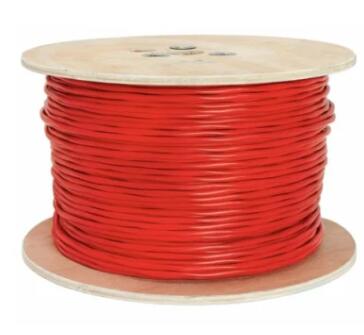The Heart of Safety: Unraveling the Purpose of Junction Boxes in Electrical Wiring
2024-01-10
Introduction:
In the intricate network of electrical systems that power our homes, offices, and industries, the junction box stands as a seemingly unremarkable yet indispensable component. Serving as the heart of safety and organization in electrical wiring, junction boxes play a crucial role in ensuring the integrity and functionality of our electrical connections. In this blog, we'll explore the purpose of junction boxes, understanding why these unassuming boxes are essential in electrical installations.
What is a Junction Box?
A junction box is a protective enclosure that houses electrical connections, wires, and sometimes devices such as switches or outlets. It serves as a point of connection for different electrical wires, providing a secure and enclosed space to contain the potentially hazardous aspects of electrical installations.
Purpose of Junction Boxes in Electrical Wiring:
1. Safety and Protection:
- One of the primary purposes of a junction box is to enhance safety by providing a secure housing for electrical connections. The box prevents accidental contact with live wires, reducing the risk of electric shocks and fire hazards.
2. Containment of Sparks and Arcs:
- In the event of a short circuit or electrical fault, junction boxes act as containment units. The enclosed space helps prevent sparks or arcs from escaping and igniting flammable materials, thus mitigating the risk of fires.
3. Preventing Environmental Damage:
- Junction boxes are often installed in areas exposed to environmental factors such as moisture, dust, or debris. Their sealed design protects electrical connections from these elements, ensuring the longevity and reliability of the wiring.
4. Organization and Neatness:
- Junction boxes provide an organized and neat solution for managing multiple wires and connections. The structured arrangement inside the box facilitates easier identification, maintenance, and troubleshooting of electrical circuits.
5. Facilitating Wiring Connections:
- As the name implies, junction boxes serve as junction points for connecting different electrical wires. These boxes allow electricians to join wires, creating a network of circuits that can power various devices and fixtures.
6. Supporting Devices and Outlets:
- Junction boxes often house electrical devices such as switches, outlets, or light fixtures. The box provides a stable platform for securing these devices and ensures that the associated wiring is safely contained.
Types of Junction Boxes:
1. Metal Junction Boxes:
- Made of materials like steel or aluminum, metal junction boxes offer durability and enhanced protection against physical damage. They are commonly used in industrial settings.
2. Plastic Junction Boxes:
- Plastic junction boxes are lightweight, corrosion-resistant, and ideal for residential or indoor applications. They are cost-effective and provide insulation for electrical connections.
3. Weatherproof Junction Boxes:
- Designed to withstand outdoor conditions, weatherproof junction boxes are sealed against moisture and provide additional protection for electrical components in exterior installations.
Conclusion:
In the intricate web of electrical wiring, the humble junction box emerges as a silent guardian, ensuring safety, organization, and the seamless functioning of our electrical systems. Its purpose extends beyond containment to embody a commitment to safety standards and responsible electrical installations. As we navigate our modern lives powered by electricity, the junction box quietly stands as a testament to the diligence and foresight required to create secure and reliable electrical infrastructures.



